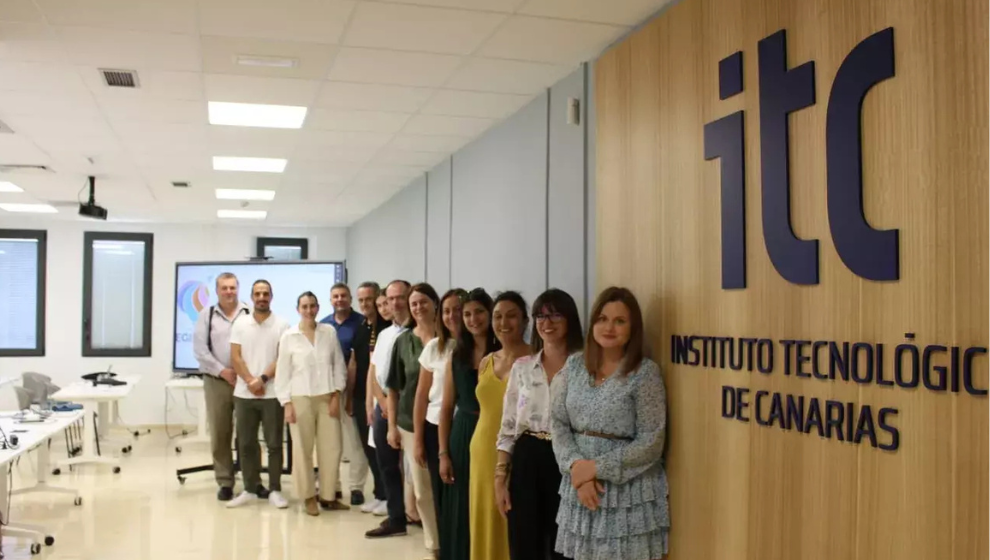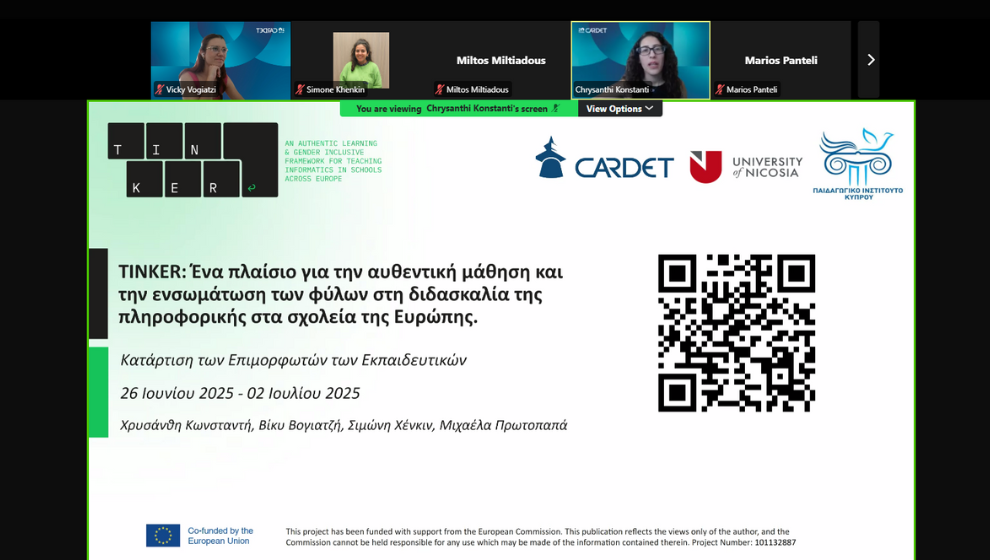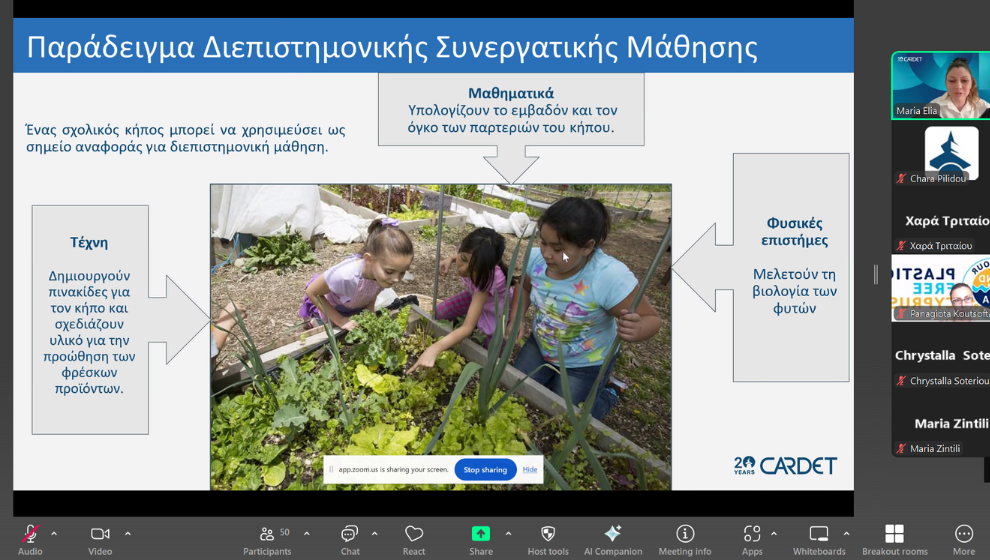New Educational Resources to Take Science Learning Outside the Classroom


The EU-funded OTTER Project, aimed at enhancing Education Outside the Classroom (EOC) experiences, has concluded its activities end of February with achievements in developing new out-of-school educational methods and pedagogies. One of its core outputs, the “OTTER Lab” is a pedagogical approach to develop student-centered, hands-on, and outside the classroom STEAM activities, aiming to promote sustainable development.
Over the past 30 months, the project has engaged in primary and secondary schools across Finland, Spain, Hungary, Ireland to pilot the OTTER labs. Each Lab consisted of various activities over a certain period of time, with a special focus on the issue of plastic waste, going from theory to practice, and reflecting on their discoveries.
“The OTTER Labs aim to promote three key pillars; Sustainable Development, 21st Century Skills and Inclusion & Diversity. Our teachers have championed the alignment of OTTER Lab learning objectives with their respective curricula across age groups and subjects to provide a holistic learning experience for their students. I t is inspiring to see these teachers express their passion for creating engaging learning experiences for their students, planning for rich exposure to real life sustainable issues in their locality and OUTSIDE the classroom.” – Deirdre O’Neill, UL Pilot Coordinator
Over the lifetime of the project, the OTTER team organised focus groups, meetings, and discussions with educational institutions, including Harjuniitty school in Nokia, Atala school in Tampere, Mare de Deu de Montserrat, Institut Moisès Broggi in Barcelona, KRK Szilády Áron School and Szamóca Gardening School in Hungary, as well as St. Flannan’s College in Ennis, Coláiste Nano Nagle, Scoil Ide in Limerick, and ScienceLinX in Groningen, among others.
The primary objective of these collaborative sessions was to exchange ideas, discuss methods, and share best practices that could contribute to the co-design of new EOC experiences. The insights gathered were transformed into toolkits and guidelines that education practitioners can now utilise in their Outdoor Labs, paving the way for a more immersive and effective learning environment.
One of the key components of the project was the establishment of the OTTER Hub, serving as a nexus for experts from diverse fields, including educators, scientists, and creatives. Monthly meetings held by consortium partner organisations provided a platform for sharing experiences, best practices, and EOC know-how, while also addressing challenges and exploring innovative methodologies.
A significant outcome of the OTTER Project is the development of a comprehensive Learning Platform, featuring materials and guidelines for educators. Working collaboratively with hub members from across Europe, the project has produced toolkits and guidelines that will serve as valuable resources for implementing Education Outside the Classroom activities. These materials aim to enhance the quality of outdoor education by providing educators with practical and effective tools to enrich the learning experiences of students.
As we celebrate the successful conclusion of the OTTER Project, we express our gratitude to our consortium partners who played pivotal roles in this transformative journey. Special thanks to Geonardo Ltd, European Science Foundation, University of Groningen, University of Limerick, Learning Scoop, The Big Van Theory, and CARDET for their commitment and collaborative spirit. The achievements of the project underscore the power of diverse expertise and shared dedication to advancing Education Outside the Classroom experiences. We would also like to acknowledge the European Commission for their generous funding, which made this initiative possible. As the OTTER Project reaches its conclusion, we look forward to the continued impact of its legacy on shaping the future of education across Europe.
For further information, please visit the project website.


Website
https://www.otter-project.eu/Target Groups
Teachers, School leaders, Policy makersEducation Level
Primary education, Secondary


